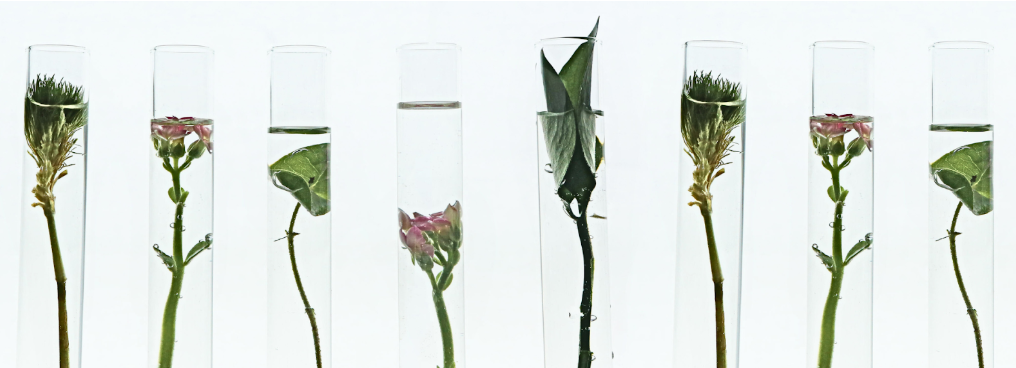I was 15 years old, the sun was shining, and I had just come home from school when my sister told me that she had an eating disorder. The memory remains vivid in my mind. I remember how saddened I was that I had not realized she was suffering. I remember the tears of relief she cried that she was no longer carrying this secret on her own. I remember the fear in her eyes as she contemplated treatment. Most of all, I remember my shock when she told me that she had been experiencing symptoms for more than three years. And no one knew.
This story is all too common. Although 30 million Americans will experience an eating disorder at some point in their lives, most wait years before telling someone about their silent battle and about two-thirds will never receive the treatment they so deserve. Why is this the case? Everyone’s story is different, but for many, the barriers to opening up to another person are too great, even when that person is accepting and non-judgmental. Many fear being beyond help, letting go of the eating disorder, that they will be a burden, and that they might lose their identify and only be viewed as a person with an eating disorder.
This begs the question: how can we make it easier to connect with help? Luckily, in 2017, we are more digitally connected than ever before. More than 80% of Americans now own smartphones and these devices go with us everywhere, offering the possibility of immediate and private support.
It is time to use all of our devices to break the hold of stigma.
One example is Recovery Record, a free Android and iPhone mobile app which provides evidence-based tools for managing day-to-day challenges. Over 400,000 people with diverse eating and body image problems have already used the app. Half of these people have not sought therapy before and one-third have never told another person about their struggle. One user said, “Opening up has been the hardest thing I have ever had to do. For some reason I feel safe logging my thoughts, feelings, behaviors. The app helped me admit to myself that I might have an eating disorder.”
My sister’s journey inspired me to create Recovery Record. When I asked what she thought of the idea, she said, “If I had something like this when I was first struggling, I may not still have my eating disorder all of these years later.” I am pleased to say that she is now using Recovery Record with her treatment team and making real progress.
Jenna Tregarthen is the CEO and co-founder of Recovery Record and an eating disorders researcher. Her sister is in recovery from bulimia nervosa.





